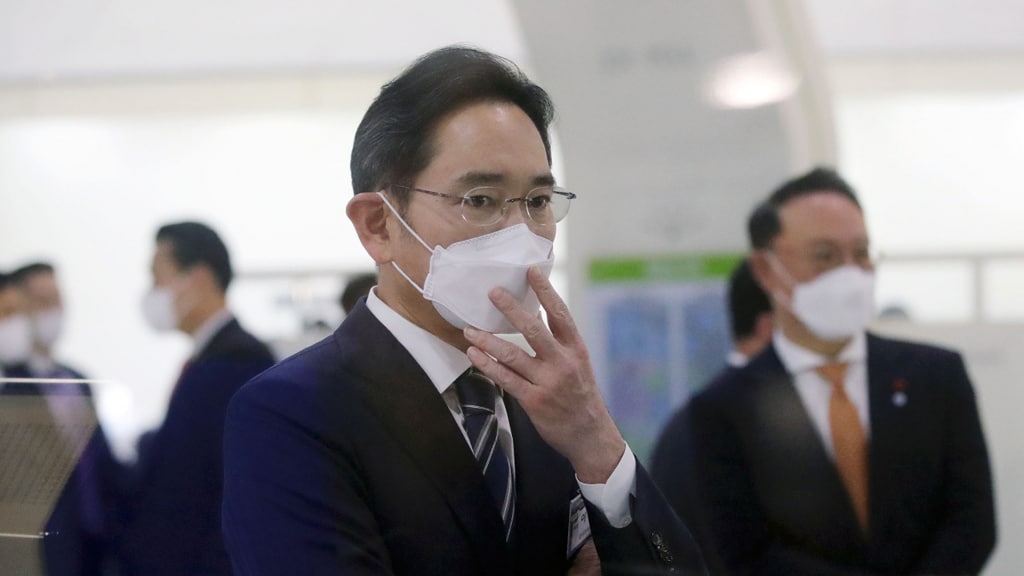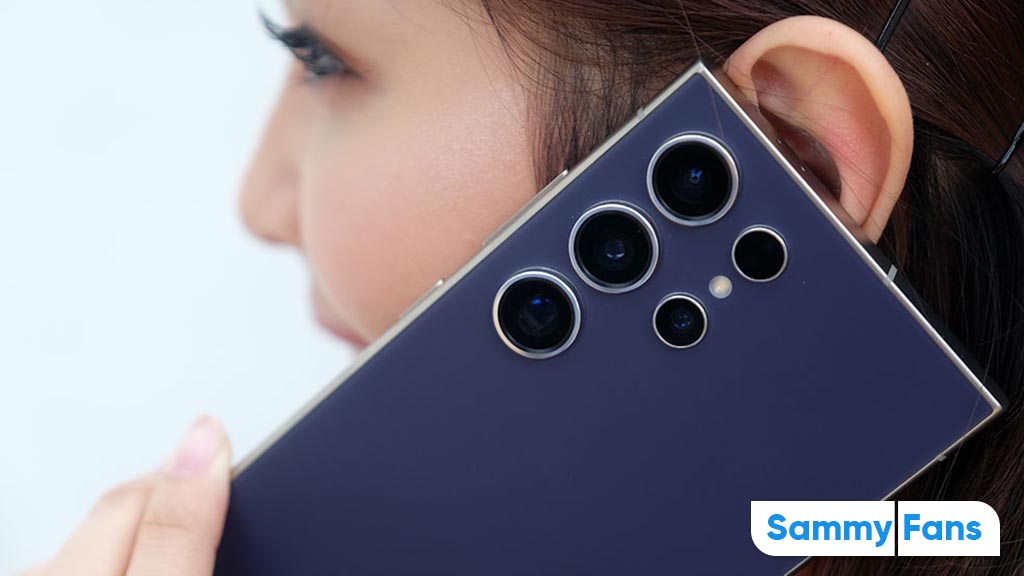News
Lee and Samsung Group seem worry about consumer demand

On January 2nd, the first business day of 2023, Samsung Elec Chief Lee Jae-yong met the heads of all Samsung Group business units and discussed the management of softening consumer demand. It shows that officials are worried about damping consumer demand worldwide.
Usually, Lee visits Samsung Group sites under his New Year’s plan, but this time, he managed to gather all top rank officials for discussion. Chairman Lee had a dinner meeting with the presidents of Samsung Group subsidiaries including Samsung Electronics, Samsung C&T Corp., and Samsung Life Insurance.
Follow Sammy Fans on Google News
As per PulseNews sources, the meeting held by Lee Jae-yong included the topic of underscoring the urgency of coming up with emergency measures to cope with growing uncertainties in the global economy.
Join Sammy Fans on Telegram
Besides, they have discussed various measures in an emergency mode to cope with softening consumer demand worldwide amid high-interest rates and inflation.
Lee’s latest meeting with the top executives of all Samsung Group business units comes as Korea’s largest business group is also bracing for a bumpy year ahead with signs of a slump at home and abroad this year.

News
Samsung posts stunning Q3 profit surge despite tough chip market

Samsung announced its Q3 2024 earnings with consolidated sales of 79.1 trillion won ($57.2 billion) and an operating profit of 9.18 trillion won ($6.6 billion), down by 1.26 trillion won from the previous quarter.
The MX (Mobile) Division saw a 13% improvement from the previous quarter given the launch of new Galaxy phones. The DS (semiconductor) division grew 3% from the previous quarter due to an increase in high-end memory sales.
The Korean tech giant also revealed that sales increased by 7% QoQ, achieving record-high quarterly sales. Gross profit reached 30 trillion won, slightly up from the previous quarter due to the expansion of flagship sales in MX.
Samsung continued its active R&D investments, recording an all-time high of 8.87 trillion won in quarterly R&D expenses. DS Division’s one-time expenses were larger than the gap between Samsung’s operating profit and market consensus.
Key Details:
- Memory Business: Profits decreased due to a reduction in inventory evaluation recovery, one-time expenses like incentive provisioning, and currency impacts from a weaker dollar.
- System LSI: Sales increased through maximizing revenue and minimizing inventory, although performance declined due to increased one-time expenses.
- DX Division posted sales of 44.99 trillion won and an operating profit of 3.37 trillion won.
- VD posted increased sales and profit from both the previous quarter and the same period last year.
- Home appliances improved performance year-over-year.
Galaxy S25 Series
Apart from earnings results, Samsung confirmed the Galaxy S25 series will launch in the first half of next year. The company vowed to introduce an enhanced Galaxy AI experience for consumers to elevate their everyday tasks.
Official: Samsung Galaxy S25 to redefine everyday AI with bold new features
News
Official: Samsung Galaxy S25 to redefine everyday AI with bold new features

For the first time, Samsung officially discussed the Galaxy S25 series. Today, the company announced its earnings results for the third quarter. Samsung also revealed that the Galaxy S25 series will enhance Galaxy AI with bold new features.
Samsung says the Galaxy S25 series will be released in the first half of next year with an enhanced Galaxy AI experience. The launch timeframe should be January 2025, but we would get genuine information by the end of the year.
Galaxy AI has proven a big hit this year, and Samsung is planning further enhancements to the Galaxy S25 series. We expect new features with deeper integration across the operating system in the Galaxy AI next year.
Samsung aims to enhance the Galaxy AI experience to drive innovation in everyday life and expand sales by strengthening marketing and experience programs. The next upgrade to Galaxy AI will create a wide gap with its Apple counterpart.
Given Galaxy AI advancement, the MX Division would pursue sales growth and profitability improvement centered on flagships. This includes the latest S25 series and foldable phones as well as Galaxy Tab, Galaxy Book, and Galaxy Buds/Watch.
Samsung’s mobile business will continue to maintain solid sales of its AI smartphones. Expect various sales promotions during the holiday season, which would push annual flagship sales growth to double digits.
MX Earnings in Q3
The MX and Networks businesses posted KRW 30.52 trillion in consolidated revenue and KRW 2.82 trillion in operating profit in 3Q24.
Overall market demand for smartphones grew modestly as the residual effects of global inflation slowed the recovery in consumer spending.
News
Samsung’s Tizen OS 9 will integrate CryptoCore in 2025

Samsung will fully integrate CryptoCore into Tizen OS in 2025. The company today announced that its proprietary cryptography module has secured FIPS 140-3 certification from the National Institute of Standards and Technology.
Tizen OS powers Samsung’s Smart TVs and Monitors, hence, CryptoCore will provide exceptional security to these products. Notably, CryptoCore is a software library that encrypts and decrypts data during both transmission and storage.
By integrating the FIPS 140-3-certified CryptoCore into Smart TVs, Samsung is taking its commitment to secure home entertainment a step further and ensuring that users can freely experience the value of products.

CryptoCore in 2025
The Korean tech giant also revealed that CryptoCore will be fully integrated into Tizen OS 9 starting in 2025. This move aimed at enhancing the security of key products such as TVs, monitors, and digital signage.
Thanks to CryptoCore, data stored in Samsung accounts will be securely encrypted, SmartThings authentication information will be protected from external hacking threats and content viewed on TVs will benefit from enhanced copyright protection.
It’s worth mentioning that the FIPS 140-3 certification is recognized by governments in 10 countries, including the United States, Canada, UK, Germany, France, South Korea, Japan, Singapore, Australia and New Zealand.












